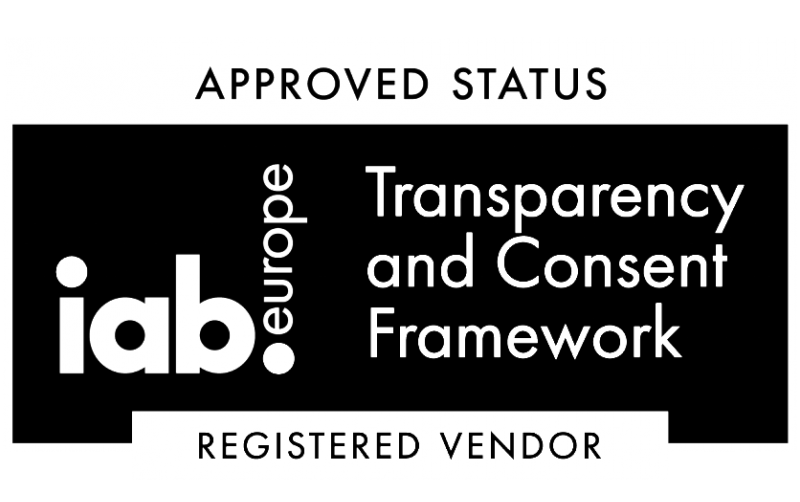The Right Time to Develop Software Instead of Relying on a 3rd Party Tool

Most modern businesses rely heavily on software solutions to help manage their operations and give them more opportunities for success. Whether using video conferencing platforms and ERP (Enterprise Resource Planning) systems or automated task management, software solutions offer significant value and efficiency gains for businesses in all industries.
One of the reasons why software solutions are so widely adopted is their ease of access. Regardless of the size of your business, there are near-limitless options of third-party solutions to choose from, making subscribing and integrating them into your existing business environment quick and painless.
However, although many organizations have embraced the convenience of using third-party tools and services, there comes a point when it’s important to evaluate the efficiency of continuing to make investments in outside solutions versus building a proprietary system. Choosing between developing custom software and utilizing third-party tools is an important decision that requires businesses to consider various factors.
Why Do Many Businesses Use 3rd Party Tools?
Having an extensive list of tasks and processes is commonplace for most organizations today. While increasing staff count is one-way businesses can help take care of these needs, an employee’s overall effectiveness day-to-day is often limited by their work environment and the tools they have available to them. To get the most value out of their employees, many companies look to third-party software solutions. Here are some common ways these tools can be beneficial.
- Scalable IT Solutions
The majority of businesses today have already undergone some level of digital transformation, adopting more cloud-based technologies and advanced security measures. Third-party software tools help to support this digital framework by providing data storage and backup solutions, active network monitoring, and next-generation cybersecurity protections.
- Streamlined Financial Management
Managing business taxes, payroll, demand forecasting, and expense tracking can be incredibly time-sensitive and requires a high amount of accuracy. Third-party solutions can provide the automation necessary to streamline these processes, giving accounting teams more time to handle other critical financial management tasks.
- Better Business Communication
With more businesses relying on remote working employees, investments in communication tools have become essential. Numerous third-party applications are designed to streamline communication between employees and departments while also tracking progress on company-wide projects.
Key Tips for In-House vs. 3rd Party Sourcing
- Understand all the Costs Involved
Understanding your financial capabilities is critical when choosing a business solution. Similar to planning a home renovation, you need to determine your upfront investment before moving forward. Consider using comparative tools to help you explore your needs and gather quotes from software development teams. This approach gives you a clearer picture of the costs involved and helps you make informed decisions.
- Think About the Amount of Creative Control You Need
While third-party solutions can be budget-friendly, they may lack the flexibility to adapt to your unique business needs as you scale. If you find yourself hitting limitations with external tools, it might be a sign that a custom solution is a better long-term investment.
- Do Your Research
Before diving into custom software development, take the time to investigate third-party tools. This can be a much more progressive approach to help you avoid unnecessary expenses on a solution that’s already available.
- Categorize Your Short and Long-Term Requirements
When deciding on the right software solution for your business, it’s important to strike a balance between your immediate and future needs. If your needs demand a solution right away, third-party tools might be the right fit for your business. They can offer a quick fix and bridge the gap while you plan for a more permanent, customized solution. However, keep in mind that long-term development projects, while time-consuming, often provide greater flexibility and a more accurate fit for your specific business processes.
- Consider Internal Resource Restrictions
When considering an in-house project, it’s important to assess your staffing situation. If you lack the necessary employees to handle the development project internally, outsourcing may be the only alternative. However, outsourcing project management and software development introduces additional costs. You should weigh the financial implications of outsourcing against the potential benefits of using a ready-made solution.
Choose the Right Option for Your Business
When it comes to software solutions for your business, there’s no one-size-fits-all answer. However, by thoroughly assessing these key aspects discussed, you can make an informed decision that provides your business with the automation and efficiency necessary for long-term sustainable growth.
entrepreneur, technologist, and passionate business leader sum up the core of Dalip Jaggi, co-founder of Revive Real Estate, a PropTech company with a goal to democratize house flipping. Since its 2020 inception, Revive has since become the smartest solution for homeowners to maximize their home’s sales value across the nation.
Stay tuned!

- Contacto DPO: privacy@telecoming.com
- Finalidad del tratamiento: suscripción al blog.
- Legitimación del contrato: consentimiento.
- Destinatario de cesiones o transferencias: no se efectúan transferencias de datos fuera de la UE.
- Derechos de las personas interesadas: acceso, rectificación, supresión, oposición, limitación del tratamiento, portabilidad de los datos e interposición de reclamación ante la AEPD.



